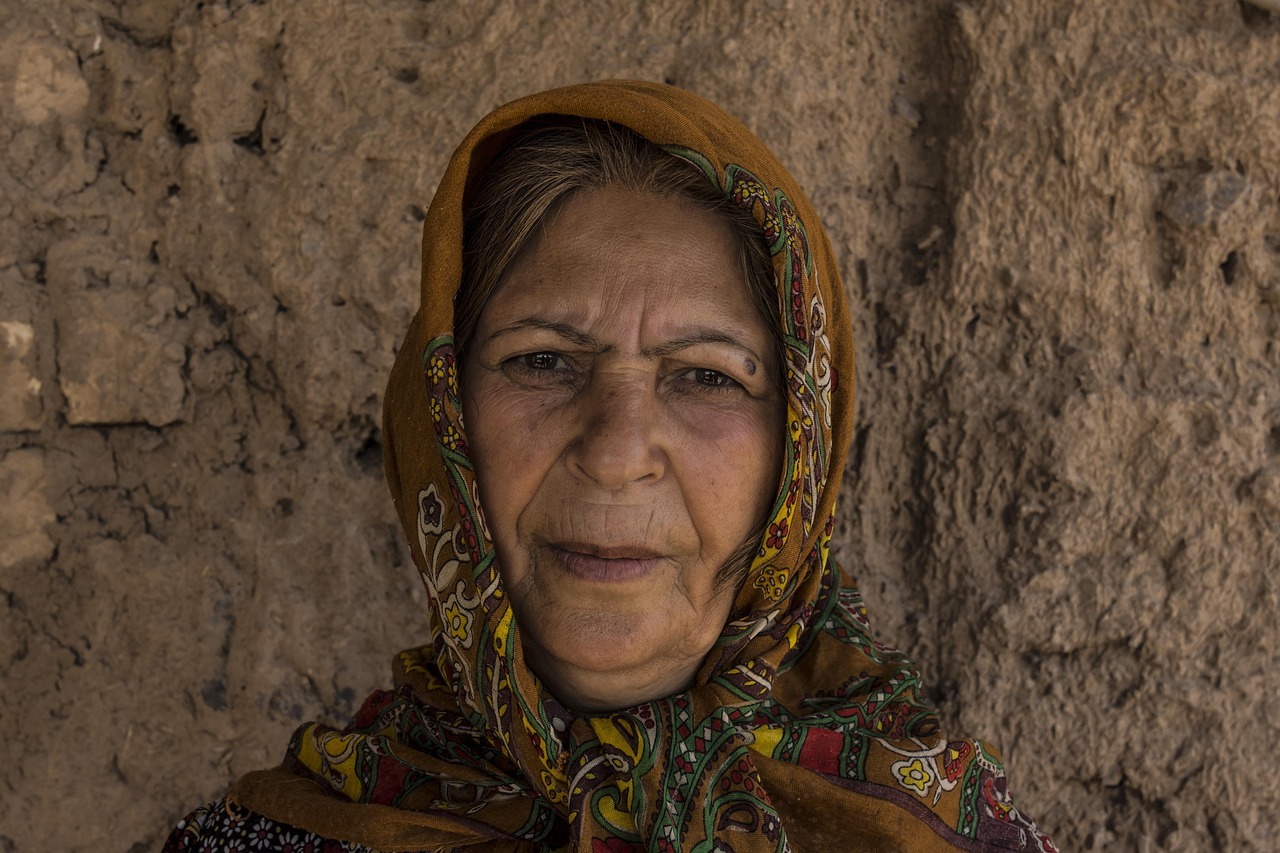Ezekiel 18: 25-28 (RM) or 18:1-4, 25-32 (RCL); Psalm 25; Philippians 2: 1-11 (RM) or 1-13 (RCL); Matthew 21: 28-32 (RM) or 23-32 (RCL).
The famous Philippians hymn turns up as the centrepiece of the second reading for this week in both the Revised Common Lectionary and the Roman Missal. It’s a carefully-composed hymn, due to its clear strophic structure and progression of ideas. Paul did not write it, though he seems to have added the phrase “death on a cross.” This tells us that, a generation before the earliest Gospel was completed, and possibly before Paul’s missionary journeys, Christians had gone beyond simply praying with the Psalms, and were writing their own original hymnody for worship. Interesting.
This one is not without its theological stumbling blocks however, even though it sweeps magnificently across space and time, from the pre-existent Christ to the glorified Saviour, with a wide perspective across the cosmos. For example, does identifying Christ as a “slave,” then praising him for his obedience, make slavery a laudable social norm? And for that matter, does this hymn advocate humiliating self-abnegation to the point of willingly submitting to death (and any form of abuse short of death?) Is this the ideal we’re supposed to emulate?
That was why my ears perked up at an interview with the wife of the President of Iran that was broadcast on National Public Radio’s “Morning Edition” this past Monday September 25th. *
The interviewee was speaking through a male interpreter, and several times the word “humility” was used to describe the norm for dress and behaviour of women in post-1979 Revolution Iran. The speaker described the “humility of women” as the “foundation of the family,” and that a lack of humility as exemplified in traditional dress leads to “the destruction of the family unit.” An expert on Iran, interviewed separately, pointed out that there are two symbols that represent the Revolution’s goals, and that women removing their headscarves would lead to the “unravelling of the Revolution.” (The other symbol is anti-Americanism.)
So, we might say that the difference in “humility” is that, in the Philippians hymn, Christ exercised a free choice to accept the humiliation of becoming incarnate in human flesh, even to death, even to a criminal’s death. And one might say a good deal more. But the choice for Iranian women, baldly stated, is “humility” or death. Is there a glorious exaltation somewhere?
We may get further if we read this text with a lighter touch, less focused on death and more on community relations. In Paul, context is (almost) everything. Both Lectionaries give us the entire preceding section at the start of Chapter Two:
“…make my joy complete: be of the same mind, having the same love, being in full accord and of one mind.” (NRSV)
Paul goes on to plead with the Philippians to reform their behaviour toward each other, renouncing selfish attitudes and caring more for the other than oneself. Paul drops in the hymn text to set Christ before their eyes as a divine prototype for self-giving. Then he follows the hymn with gentle encouragement, reminding them that “God is at work within you.”
It’s precisely this work of God, this divine harmony, that makes human harmony possible. Spiritual commentator Karen Minnich-Sadler writes,
“When divine love sets the foundation for our togetherness, we use our different gifts and viewpoints to build something of value that sends a message of hope to the world. Being of the same mind means we all agree that allowing the healing love of Christ to work through us is more important than any differences we have.”
So, for what it’s worth, Paul is using this trigger word in the context of pleading with the Philippians to get along with each other:
“Do nothing from selfish ambition or conceit, but in humility regard others as better than yourselves.”
In other words, park your ego. Take a deep breath. Listen to each other, really listen. Give in when you have to. And try to love each other.
Should work for us too.
© Susan K. Roll
Part of this Reflection appeared in the Reflection for September 27, 2020.
* https://npr.org/programs/morning-edition/ for September 25, 2023. “Iran faces pressure for its treatment of women. The president’s wife defends it.”
Susan Roll retired from the Faculty of Theology at Saint Paul University, Ottawa, in 2018, where she served as Director of the Sophia Research Centre. Her research and publications are centred in the fields of liturgy, sacraments, and feminist theology. She holds a Ph.D. from the Catholic University of Leuven (Louvain), Belgium, and has been involved with international academic societies in liturgy and theology, as well as university chaplaincy, Indigenous ministry and church reform projects.




